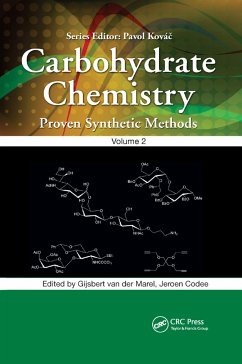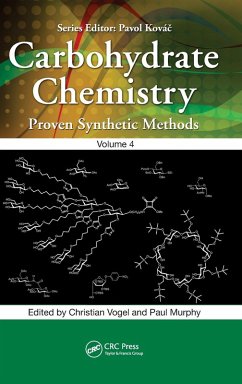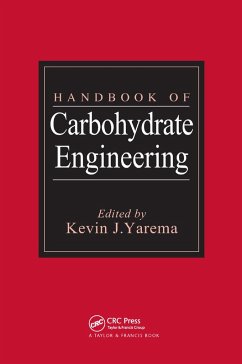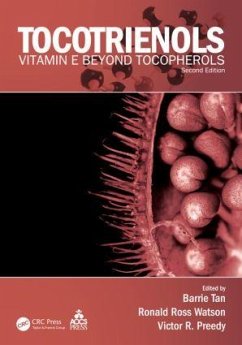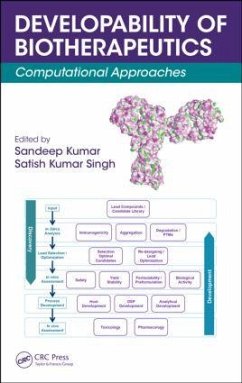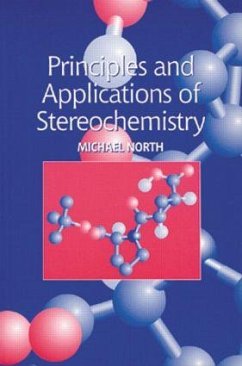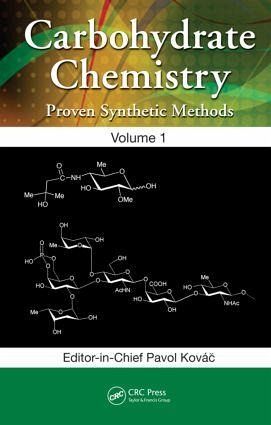
Carbohydrate Chemistry
Proven Synthetic Methods, Volume 1
Herausgeber: Kovac, Pavol
Versandkostenfrei!
Versandfertig in 1-2 Wochen
224,99 €
inkl. MwSt.

PAYBACK Punkte
112 °P sammeln!
Long gone are the days when synthetic publications included parallel preparative experiments to document reproducibility of the experimental protocols and when journals required such documentation. The new Proven Synthetic Methods Series addresses concerns to chemists regarding irreproducibility of synthetic protocols, lack of characterization data for new compounds, and inflated yields reported in many chemical communications-trends that have recently become a serious problem. Volume One of Carbohydrate Chemistry: Proven Synthetic Methods includes more detailed versions of protocols previousl...
Long gone are the days when synthetic publications included parallel preparative experiments to document reproducibility of the experimental protocols and when journals required such documentation. The new Proven Synthetic Methods Series addresses concerns to chemists regarding irreproducibility of synthetic protocols, lack of characterization data for new compounds, and inflated yields reported in many chemical communications-trends that have recently become a serious problem. Volume One of Carbohydrate Chemistry: Proven Synthetic Methods includes more detailed versions of protocols previously published for the synthesis of oligosaccharides, C-glycosyl compounds, sugar nucleotides, click chemistry, thioglycosides, and thioimidates, among others. The compilation of protocols covers both common and less frequently used synthetic methods as well as examples of syntheses of selected carbohydrate intermediates with general utility. The major focus of this book is devoted to the proper practice of state-of-the-art preparative procedures, including: References to the starting materials used, reaction setup, work-up and isolation of products, followed by identification and proof of purity of the final material General information regarding convenience of operation and comments on safety issues Versatile and practically useful methods that have not received deserved, long-lasting recognition or that are difficult to access from their primary sources Copies of 1D NMR spectra of compounds prepared, showing purity of materials readers can expect Exploring carbohydrate chemistry from the academic points of view, the Carbohydrate Chemistry: Proven Synthetic Methods Series provides a compendium of preparatively useful procedures checked by chemists from independent research groups.





